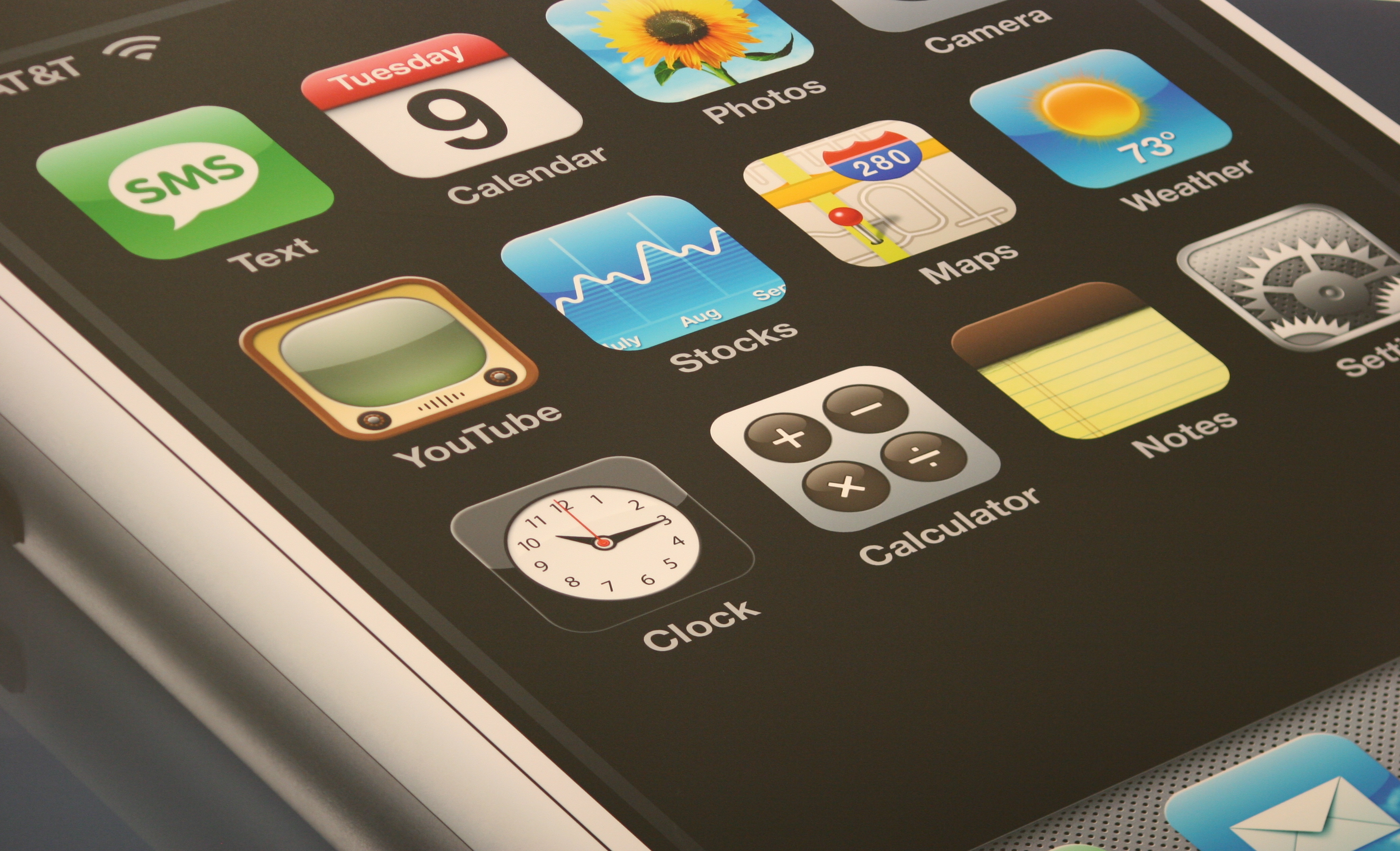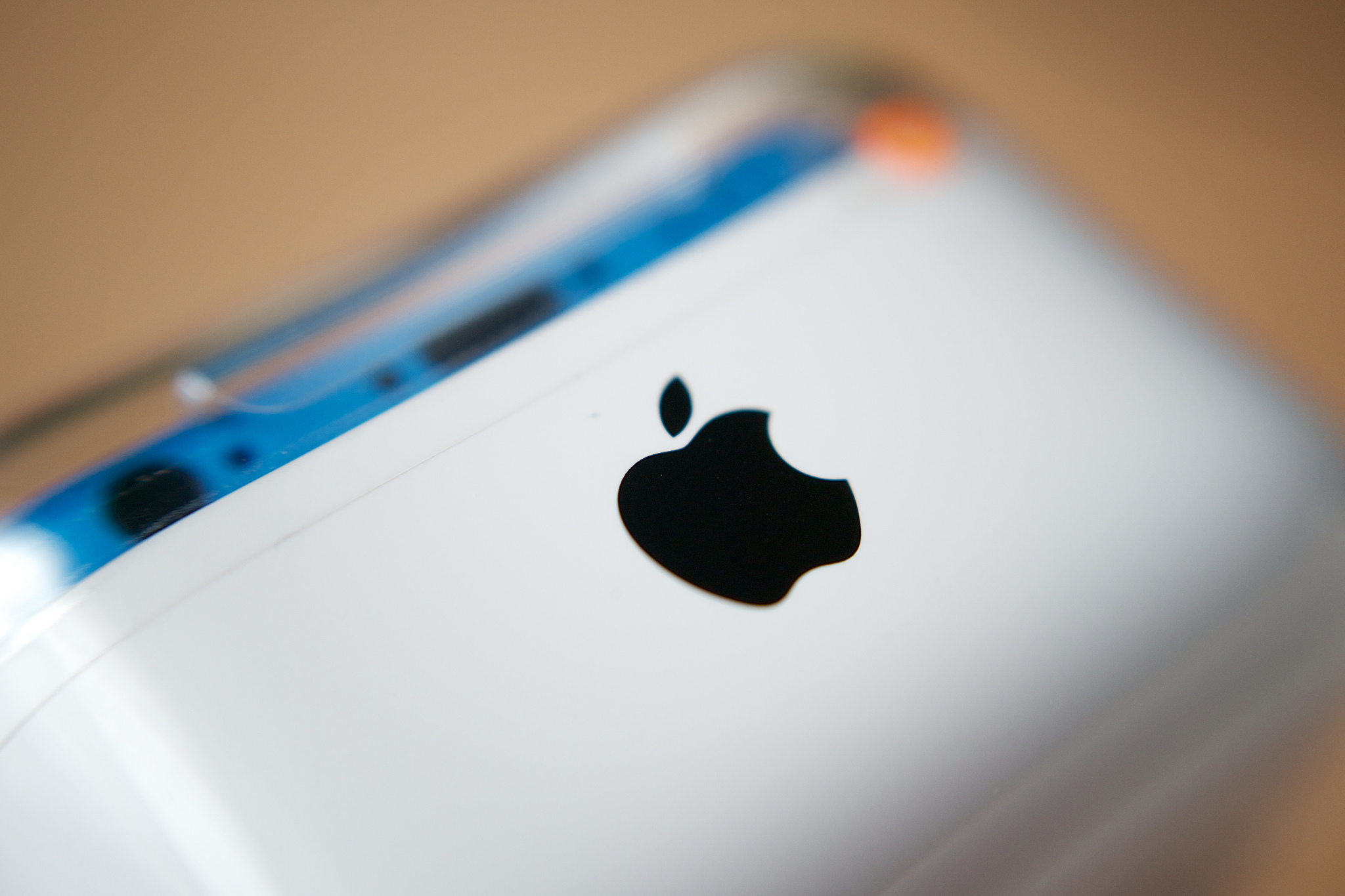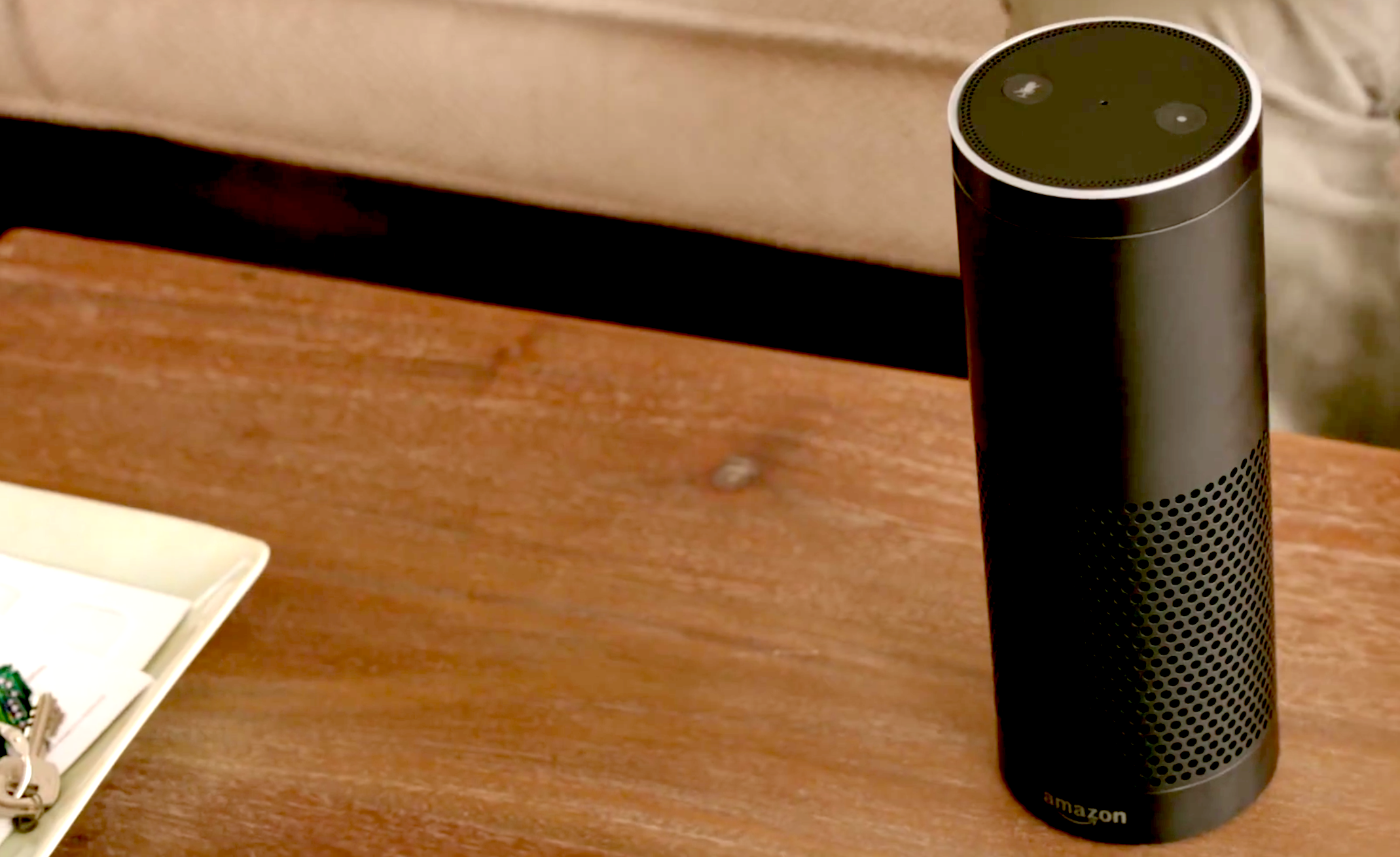Today we arrive at the first of two 10-year anniversaries regarding iPhone: Steve Jobs unveiling the handset six months before its release—unusual for Apple’s then-CEO to pre-announce something, but necessary, with the federal regulatory rigmarole that cellular devices go through. Jobs and his management team brought the smartphone to market at great risk: Established and entrenched manufacturers, mainly Nokia, had huge distribution channels and massive amounts of research and development invested in their cellulars. iPhone debuted in one market (United States) and on a single carrier (AT&T, which concurrently rebranded). By most measures of business strategies: Insanity. But risk was a defining characteristic of Jobs’ leadership style running the company.
You will read many “state of iPhone” analyses and commentaries this week spotlighting slowing sales, as buying growth plateaus in major markets (China, Europe, and the United States) and observing that Android continues to gobble global market share. The problem with iPhone is something else, and it’s a metaphor for what’s desperately wrong at Apple as 2017 starts: Loss of innovative mindshare; obsession with an outdated design motif; unwillingness to take meaningful risks. The company’s fortunes rose with iPhone, and they will fall with it.




